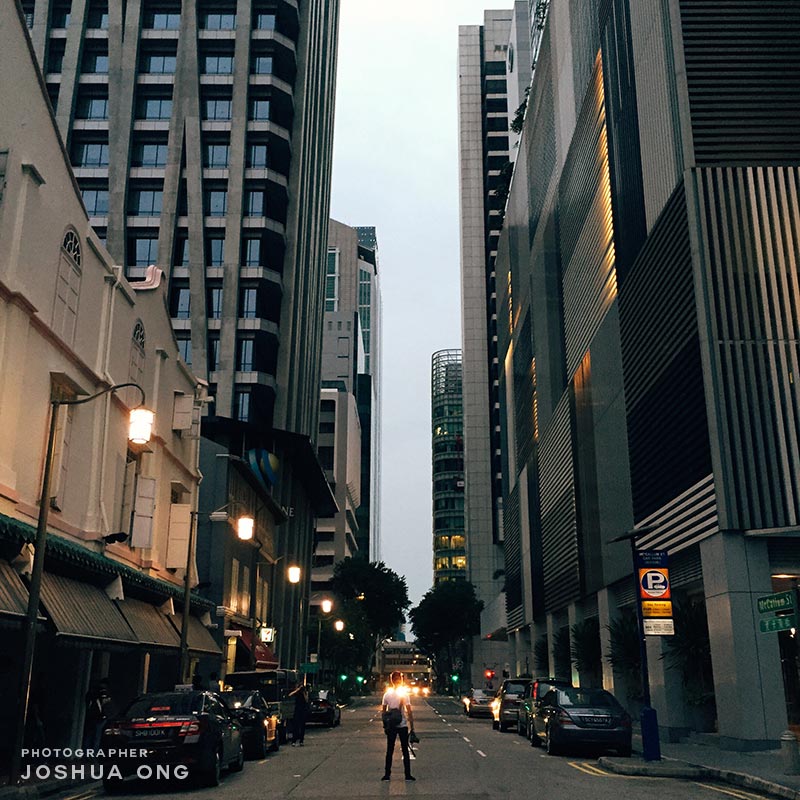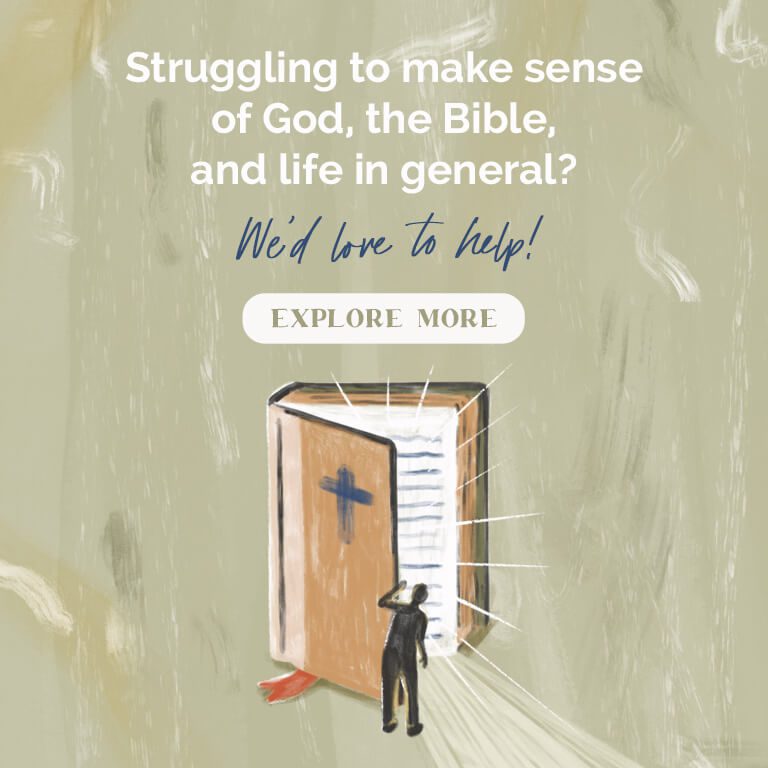Written By Joanna Hor
Layout By Vania Tan
Some Photos By Joshua Ong
YOU ONLY LIVE ONCE
What do these four words conjure in your mind: brevity, adventure, or, possibly, recklessness?
For users of this expression—more commonly known by the ubiquitous acronym YOLO—it’s usually the justification to attempt something you normally wouldn’t. Since it was catapulted into the social spotlight by Canadian rapper Drake’s 2011 song, “The Motto,” this popular acronym has found its way into articles, talk shows, merchandise, and social media. It has even left a permanent mark in some circles (actor Zac Efron got a tattoo of it on his hand and Oxford Dictionaries made it an official word sometime in 2014). Even US head of state President Obama used the word in a 2015 viral BuzzFeed video encouraging people to enroll for healthcare insurance.
If you find YOLO and its meaning familiar, that’s probably because it is. Like its forbears Carpe Diem (“Seize the Day”), Just Do It, and C’est La Vie (“That’s Life”), this two-syllable, four-letter term implies enjoying life to the fullest, even if it involves taking risks.
RISE TO INFAMY
But YOLO’s meteoric rise to infamy is likely due to its grungier reputation as a statement that celebrates absence of remorse and justifies brash decisions and reckless behavior. The catchy acronym has come under heavy criticism, most notably after aspiring rapper Ervin McKinness tweeted the phrase, “Drunk [expletive] going 120 drifting corners #[expletive]YOLO,” minutes before dying in a horrific car crash with four others (it was later reported that he was not the one behind the wheel as initially thought). One article by Huffington Post referred to it as the “worst ‘word’ of 2012” and pleaded with its readers to help in the “disappearance of YOLO in 2013.”
But we all know that YOLO, although less commonly used now, has not disappeared completely. Even if it does, its ideology will probably emerge in some other form, as another clever acronym, image, or meme—for at the heart of YOLO is the perennial belief that this life is all that there is to existence, so we can do what we like and spare no thought for the consequences.
RELAX,
STOP TAKING THIS ACRONYM TOO SERIOUSLY YOU MAY BE THINKING…
EXAMINING YOLO
Relax, stop taking this acronym too seriously, you may be thinking. After all, most people who take YOLO to heart don’t end up losing their lives or harming others. Are we being overly sensitive and jittery about its influence?
Even if most treat it as a joke, there’s probably still some value in examining the assumptions it makes about life. Do we really only live once? And if we do, is YOLO the right or even the best way of looking at how to spend our lives?
Most of us agree that we will live out our lives on this Earth and then inevitably die. We usually don’t get to choose how and when we die, just as we didn’t decide how and when we were born. It’s what happens afterwards that is contentious (think annihilation, reincarnation, and judgment).
To provide some answers, may I suggest that we investigate the claims of a book which millions have revered, followed, and in some cases given their lives defending—the Bible.
DEATH IS A RITE OF PASSAGE
In this best-selling book, penned by some 40 different authors over a span of more than 1,000 years, death is painted as a rite of passage for all living things, whether human, animal, or plant. All human beings will die once, and thereafter be called to account for all they have done in life—including acts done in secret—to a perfectly holy and just creator.
Furthermore, the Bible tells us that God has created each of us for a specific and intended purpose. He knows best how we can live our one life to the fullest—by believing in and following Jesus Christ. It says, “For we are God’s masterpiece. He has created us anew in Christ Jesus, so we can do the good things he planned for us long ago” (Ephesians 2:10).
Imagine trying to navigate an unfamiliar area without a map, compass, or directions—you would be hard pressed to find your way. Many people live life in this fashion, drifting aimlessly and flitting from one diversion to another—after all, YOLO. God, on the other hand, offers to be our guide and teacher on this journey through life. He provides us with a clear direction and goal—living life as He intended for us to do, and receiving His acceptance afterwards—and accompanies us every step of the way. The Bible reads, “His purpose was for the nations to seek after God and perhaps feel their way toward him and find him—though he is not far from any one of us” (Acts 17:27).
If the Bible is right, we will not only discover how to live life well, but gain hope that our existence is meaningful—as Jesus said, “My purpose is to give them a rich and satisfying life” (John 10:10).
WHAT NOW?
While the Bible does concur with YOLO on the brevity of our earthly life, it also challenges us not to waste it, because death is just the beginning, not the end. You get one pass at life. That’s it, just one. Have you lived it well?
Perhaps we really need to consider how we can live our lives with true purpose and joy, rather than empty recklessness. And what better authority is there on how to live than the God who created everything? A life lived following Jesus Christ, no matter how brief, builds a lasting legacy—as C. T. Studd writes, “Only one life, ‘twill soon be past, only what’s done for Christ will last.”
After all, you only live once. If you have to take a risk, why not take a risk with Jesus?
Hopefully these words have helped you think a bit deeper about life. If you have been challenged to think further about the Christian faith or Jesus Christ, the best thing to do is to get hold of a Bible and start reading.
Read it offline and pass it on to
anyone who is looking for a deeper meaning to life.
You can also click on the banner below to learn more about God and to read the many resources we have to help you.
Trackbacks & Pingbacks
-
[…] fleshly pleasures that we would otherwise avoid back home, just because “you only live once” (#YOLO). These temptations can be strong, especially when we are far from people who hold us accountable, […]
Leave a Reply
Want to join the discussion?Feel free to contribute!






My classmate always uses #yolo and blah blah and he also is leaving the school so…..
I feel that travel open perspectives and opportunities but finding yourself is an inward journey of discovery. The external environment just makes it feel better depending on where you are. The destination itself does not provide you with answers. I am also on this journey to find significance and I pray that god will open your mind and heart to listen of his good plans for you.